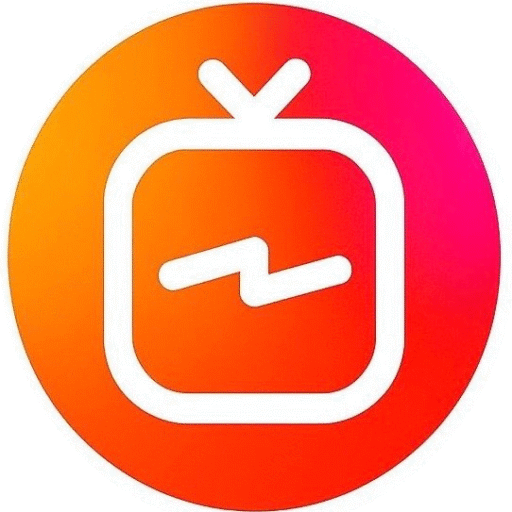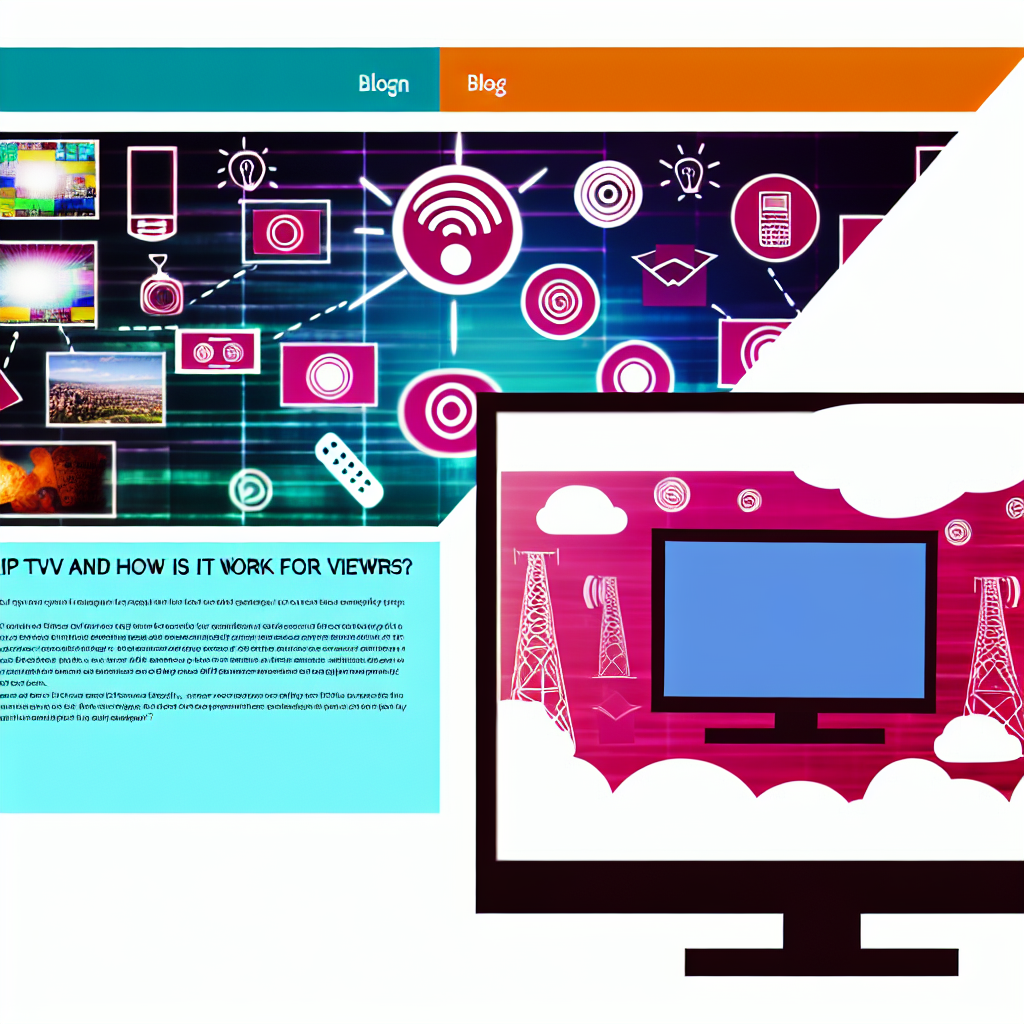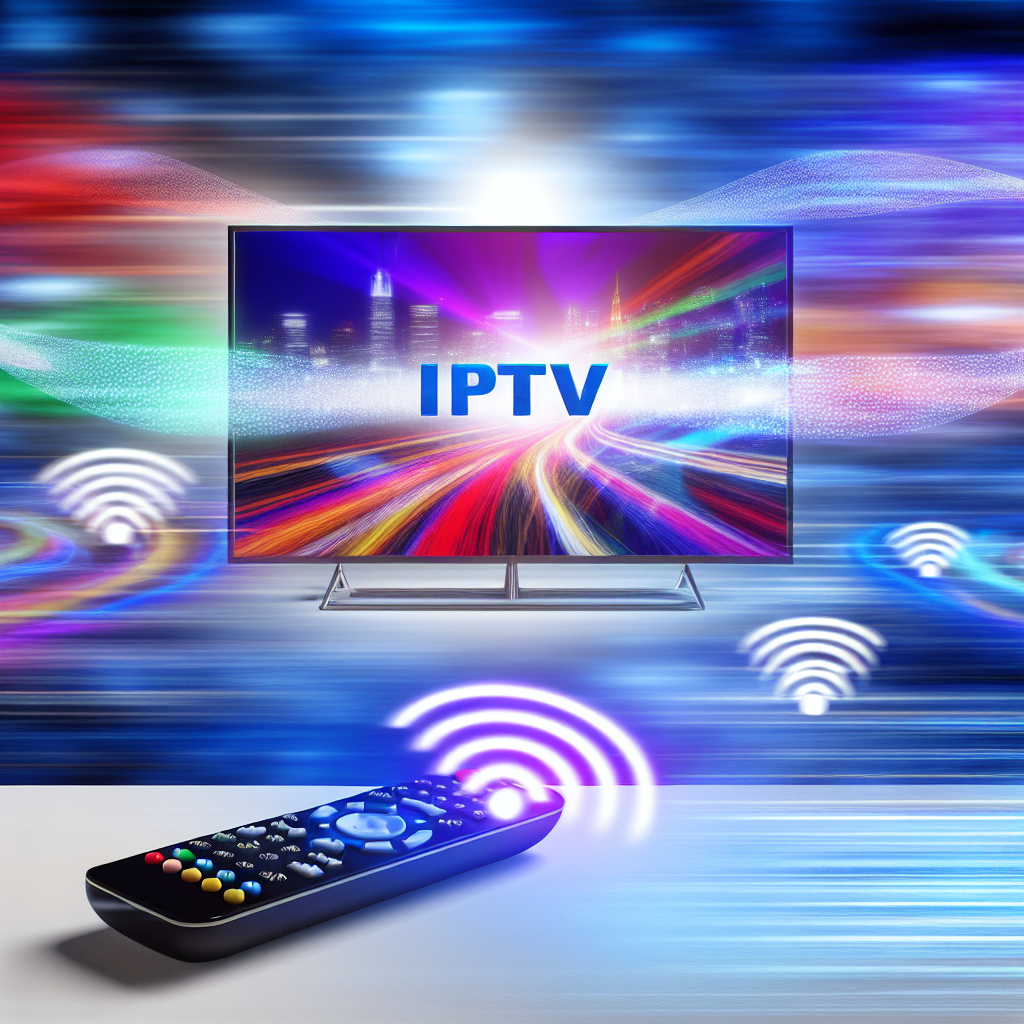What is IPTV TV and how does it work for viewers? Let’s dive into this exciting technology and explore its advantages.
Table of Contents
- What is IPTV?
- How Does IPTV Work?
- Types of IPTV Services
- Benefits of IPTV
- IPTV vs Traditional TV
- Setting Up IPTV
- IPTV Compatibility
- Common IPTV Issues
- FAQ
- Conclusion
What is IPTV?
IPTV stands for Internet Protocol Television. Unlike traditional cable or satellite TV, which relies on physical cables or satellite signals, IPTV delivers television content through internet protocols. Simply put, it streams TV shows, movies, and other content directly to your device, allowing you to watch on-demand or live.
For viewers, IPTV can transform the way you consume media. The flexibility to watch what you want, when you want, is one of its biggest selling points. Along with various channel options and content categories, IPTV offers personalized viewing experiences.
Understanding the distinction between IPTV and other types of streaming services is crucial. While platforms like Netflix or Hulu may offer on-demand content, IPTV brings in the variety of channels similar to traditional television but with the added convenience of Internet access.
How Does IPTV Work?
At its core, IPTV works by taking video content and converting it into data packets transmitted over the internet. Here’s a general breakdown of the process:
-
Content Source: IPTV relies on content from various sources, including live TV broadcasts, movies, and shows stored on servers.
-
Encoding and Streaming: The content is encoded into a digital format. This encoding is crucial as it compresses large video files into manageable packets for efficient delivery over the internet.
-
Transmission: These data packets are sent via IP networks. This means viewers often need a stable and high-speed internet connection to enjoy seamless streaming.
-
Receiving Device: Once the data packets reach the viewer’s device, they are decoded and rendered for viewing. You can pretty much stream videos on multiple devices such as smart TVs, tablets, smartphones, and computers.
This process allows for dynamic media consumption and offers an interactive experience—viewers can rewind, pause, and even catch up on missed programming.
Types of IPTV Services
IPTV services can generally be categorized into three types: Live IPTV, Video on Demand (VOD), and Time-Shifted IPTV.
1. Live IPTV
Live IPTV streams real-time content. This type of service is akin to traditional television—the viewer can tune into channels as they are happening.
For example, popular events such as sports games are excellent candidates for live streaming since they draw large real-time audiences.
2. Video on Demand (VOD)
VOD offers a library of content from which viewers can choose. Pay-per-view events, movies, and past television episodes fall under this category.
Popular platforms often have VOD catalogs that are broader than traditional cable or satellite options, providing audiences a more comprehensive selection.
3. Time-Shifted IPTV
Time-shifted services allow viewers to catch up on previous broadcasts or programming that they might have missed. Features like catch-up TV give you the option to watch shows aired within a specific period after the original broadcast.
These types of IPTV services cater to varied viewer preferences, ensuring everyone can find something they enjoy.
Benefits of IPTV
IPTV has numerous advantages over traditional methods of television delivery. Here are some of its key benefits:
1. Cost-Effectiveness
Many IPTV services are more cost-effective than traditional cable subscriptions. They often offer competitive monthly rates or even provide FREE trials to help you decide.
Subscribers can avoid hefty cable bills and pay only for the channels they truly want.
2. Wide Selection of Channels and Content
IPTV services generally offer a vast array of channels, including international options that traditional cable services may lack. You can browse through channels based on your interests, which caters to diverse audiences better than cable options.
3. Flexibility and Convenience
You can watch IPTV on multiple devices, including smartphones, tablets, smart TVs, and computers. This flexibility allows users to enjoy content on the go.
Additionally, features such as pause, rewind, and fast-forward enhance the viewing experience.
4. High Quality of Streaming
With the advancement in technology, many IPTV services ensure high-quality streaming, often providing HD and 4K options. A stable internet connection is all that’s needed to enjoy exceptional quality.
5. Personalization
IPTV allows you to personalize your viewing experience. Channels can be grouped based on your preferences. Recommendations based on viewing habits can also help you discover new content.
These benefits make IPTV an increasingly popular choice for viewers worldwide.
IPTV vs Traditional TV
When comparing IPTV with traditional television, several differences emerge. Here’s a closer look:
1. Delivery Method
Traditional TV relies on cables or satellite signals; IPTV uses the internet for streaming. This fundamental difference impacts how content is delivered and consumed.
2. Cost
As previously mentioned, IPTV services can often be more affordable. Traditional cable packages typically include long-term contracts and additional fees.
3. Content Availability
While traditional television offers a fixed number of channels, IPTV provides a broader selection, including niche channels and international programming. This diversity allows viewers to explore various content.
4. Viewing Flexibility
IPTV enables on-demand content and live streaming, while traditional television is time-bound. This flexibility suits modern viewers who prefer to control their viewing schedules.
IPTV is undoubtedly reshaping the television landscape, offering an alternative that aligns with today’s consumption habits.
Setting Up IPTV
Setting up IPTV at home is surprisingly straightforward. Here’s how to get started:
1. Choose a Provider
Research various IPTV providers. Look for reputable options that offer reliable service. Consider factors like channel availability, pricing, and customer support.
2. Check Internet Speed
A stable and fast internet connection is essential for smooth streaming. Ideally, you’ll want at least 10 Mbps for optimal viewing.
3. Select a Compatible Device
IPTV can be accessed via various devices, including smart TVs, streaming boxes, tablets, and smartphones. Ensure your chosen device is compatible with the IPTV service.
4. Install the App
Download the IPTV app (e.g., IPTV SMARTERS PRO) that aligns with your chosen service. Most providers have step-by-step instructions for installation.
5. Create an Account
Sign up for the service, entering any necessary payment information. Some services may offer a free trial.
6. Enjoy Streaming!
Once everything is set up, start enjoying your favorite content. Explore various channels, use the search feature, and dive into your viewing experience!
Setting up IPTV could be one of the best decisions you make for your viewing options.
IPTV Compatibility
IPTV works on numerous devices, but some are particularly optimized for streaming. Here’s a deeper look at compatibility:
1. Smart TVs
Most modern Smart TVs have built-in features to support IPTV services. Brands like Samsung and LG often come with dedicated apps.
2. Streaming Devices
Devices like Roku, Apple TV, and Amazon Fire Stick provide excellent support for IPTV services. They often make it easier to navigate and access various apps and channels.
3. Mobile Devices
Tablets and smartphones are also compatible with IPTV. Apps designed for iOS and Android devices allow viewers to stream anywhere.
4. PC and Laptops
PCs and laptops can also serve as viewing devices. You’ll typically use a web browser or download specific apps designed for IPTV solutions.
Ensure your device meets compatibility requirements. If you’re considering an IPTV solution, check their official website for device compatibility information.
Common IPTV Issues
Like any technology, IPTV can present challenges. Here are some common issues you might encounter:
1. Buffering
Buffering can occur if your internet connection isn’t fast enough or stable. Consider upgrading your service if buffering becomes a recurring issue.
2. Service Interruptions
IPTV is entirely dependent on your internet connection. Any interruptions in your service can affect your ability to stream content immediately.
3. Legal Concerns
Not all IPTV services operate legally. It’s crucial to choose a reputable provider to avoid legal headaches related to copyright infringement.
To check the legality of various IPTV services, you can refer to community discussions on platforms like Reddit or consult articles from trusted sites such as TechRadar or Tom’s Guide.
4. Compatibility
As previously mentioned, not all devices support every IPTV service. Ensuring compatibility before committing is essential for a hassle-free experience.
Being aware of these issues can help you troubleshoot problems should they arise.
FAQ
1. What is the difference between IPTV and streaming services like Netflix?
While both IPTV and streaming services provide content through the internet, IPTV mimics traditional TV by offering live channels in addition to on-demand content. Streaming services primarily focus on providing pre-recorded content for viewers.
2. Is IPTV legal?
The legality of IPTV depends on the provider. Legal IPTV services obtain licensing rights to offer content, while illegal services do not. Always verify the legitimacy of the provider before subscription.
3. Can I watch IPTV on multiple devices?
Yes! Most IPTV services allow streaming on multiple devices, making it simple to enjoy your favorite shows on the go or at home.
4. What internet speed is recommended for IPTV?
While it depends on the number of users and devices, a minimum of 10 Mbps is recommended for a seamless streaming experience. However, higher speeds are beneficial for multiple users or high-definition content.
5. How do I troubleshoot buffering issues with IPTV?
Buffering can often be resolved by checking your internet connection, reducing the number of devices using the bandwidth, or upgrading to a higher-speed internet plan.
Conclusion
IPTV is revolutionizing the way we watch television. With its flexibility, broad content selection, and affordable pricing, it caters to modern viewing habits.
Ready to experience it for yourself? Feel free to share this article with friends who might find it beneficial!



